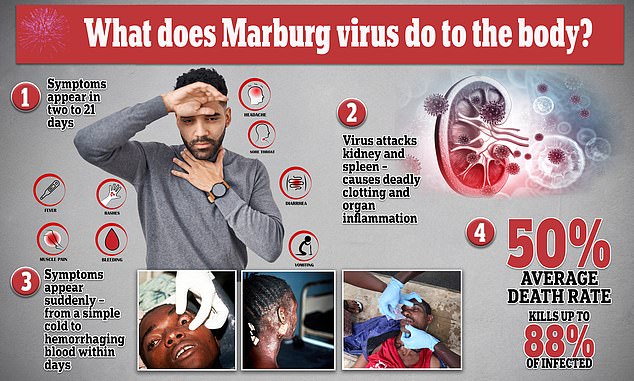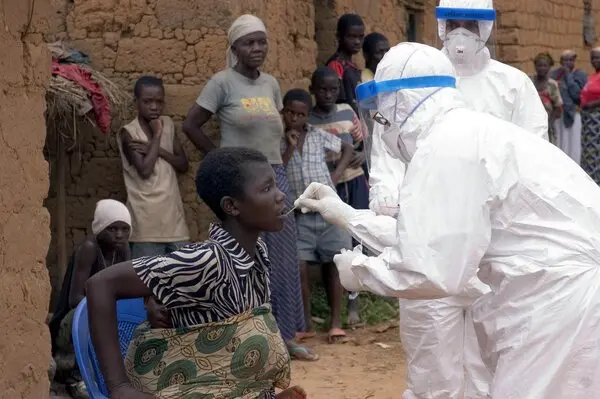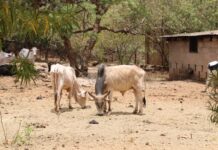
|
Getting your Trinity Audio player ready...
|
By Winnie Kamau
Nairobi, Kenya: The World Health Organization (WHO) says has reported suspected cases of viral haemorrhagic fever in Tanzania claims that have been denied by the Tanzania Government in a Reuters report.
Tanzania’s government said no-one in the country had tested positive for the Marburg virus after the WHO said at least eight people in the northwest were believed to have died from it.
“As of 15th January 2025, laboratory results for all suspected individuals were negative for Marburg virus,” Jenista Mhagama, the country’s health minister said in a statement released late on Wednesday.
WHO says according to its report, has enhanced its readiness to support the government as it takes measures to investigate and respond swiftly to the situation.
According to WHO, the national health authorities have deployed a team of experts to Kagera region, in the north-west of the country, where the suspected cases have been reported. WHO is mobilizing technical expertise and logistical supplies to support these ongoing efforts. Early notification of the outcome of the investigation is crucial in facilitating swift response.

From the media report, after receiving information on the suspected cases, Mhagama said the ministry took immediate measures, including the deployment of a team of experts to the area, event investigation, the collection of specimens and laboratory testing.
At a virtual press conference from Geneva on Thursday, WHO Director General Dr. Tedros Adhanom Ghebreyesus said Tanzania should “Send the samples it has collected to international reference laboratories and to collect additional samples in accordance with normal procedure.”
“We stand ready to support the government in its efforts to investigate and ensure that measures are in place for an effective and rapid response,” said Dr. Matshidiso Moeti, WHO Regional Director for Africa. “With the existing national capacities built from response to previous health emergencies, we are able to swiftly scale up efforts to protect communities as well as play our advocacy role for international support and solidarity.”

According to WHO, based on current risk assessments, does not advise implementing any travel or trade restrictions specifically concerning Tanzania.
Tanzania previously reported an outbreak of Marburg in March 2023 – the country’s first – in the Kagera region. Strong measures enabled the outbreak to be controlled and declared over in less than two months.
Marburg virus disease is highly virulent and causes hemorrhagic fever. It belongs to the same family as the virus that causes Ebola virus disease. Illness caused by Marburg virus begins abruptly. Patients present with high fever, severe headache and severe malaise. They may develop severe hemorrhagic symptoms within seven days.
The virus is transmitted to people from fruit bats and spreads among humans through direct contact with the bodily fluids of infected people, surfaces and materials. Although several promising candidate medical countermeasures are currently undergoing clinical trials, there is no licensed treatment or vaccine for effective management or prevention of Marburg virus disease. However, supportive care – rehydration with oral or intravenous fluids – and treatment of specific symptoms, improve survival.
In the African region, previous outbreaks and sporadic cases have been reported in Angola, the Democratic Republic of the Congo, Ghana, Kenya, Equatorial Guinea, Rwanda, South Africa and Uganda.













